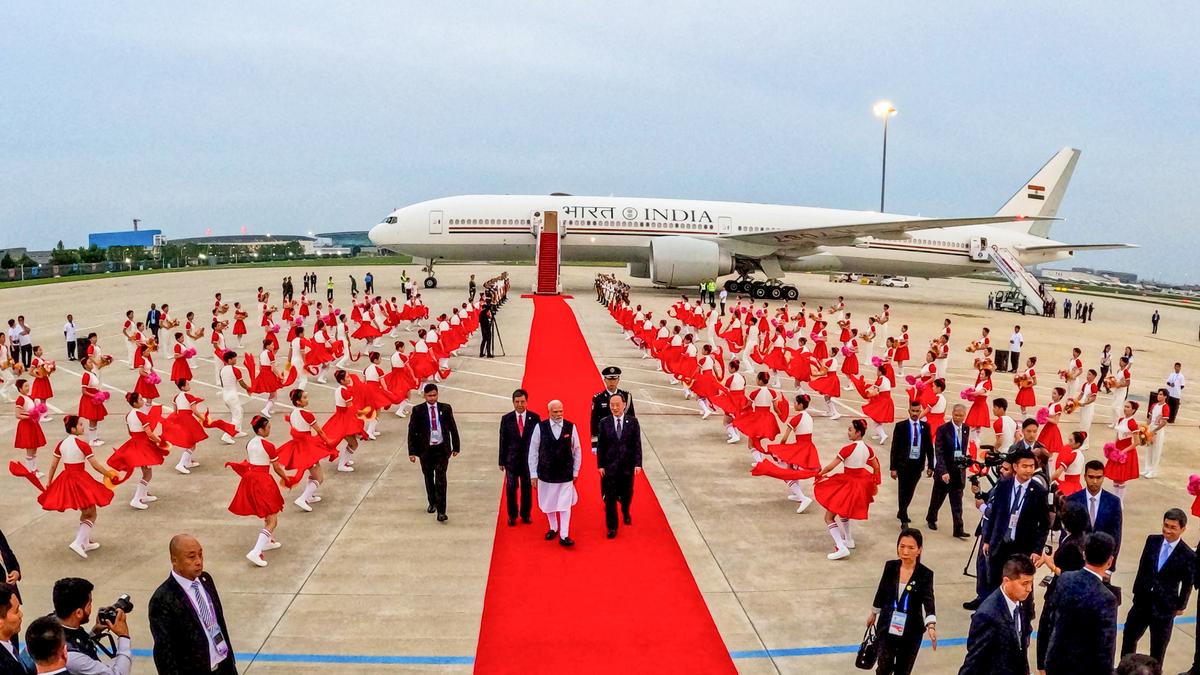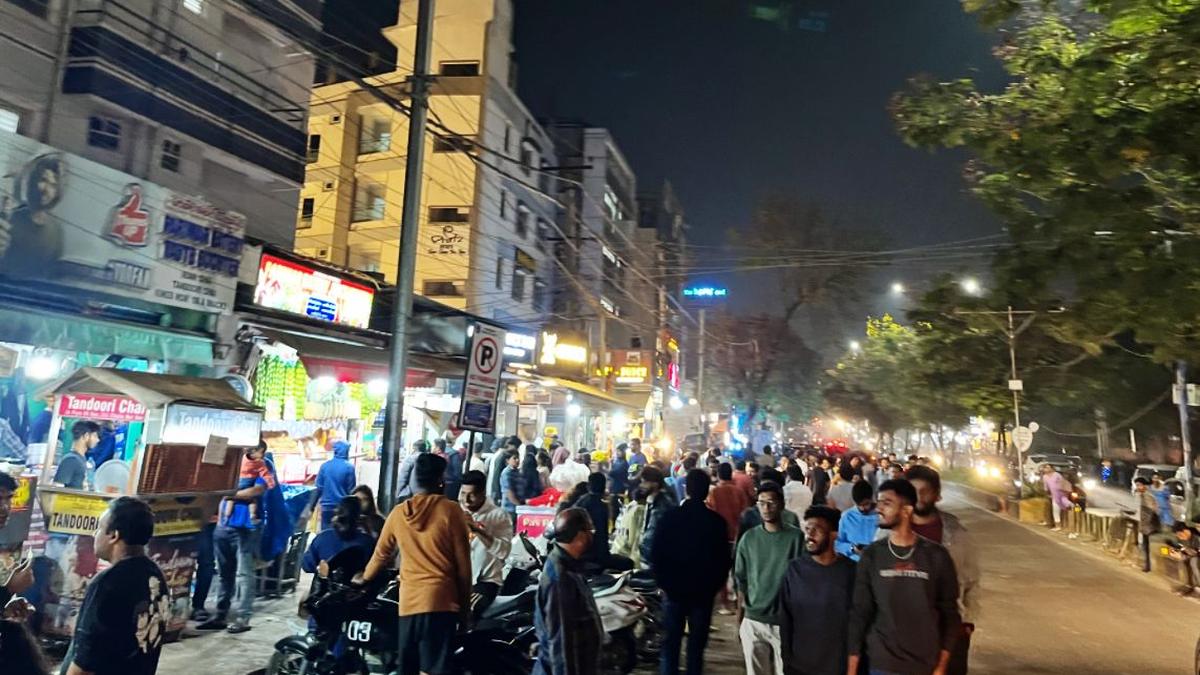Now Reading: PM Modi’s Agenda at the SCO Summit: Key Issues to Watch
-
01
PM Modi’s Agenda at the SCO Summit: Key Issues to Watch
PM Modi’s Agenda at the SCO Summit: Key Issues to Watch

Quick Summary:
- Prime Minister Narendra Modi’s Visit: PM Modi is attending the Shanghai Cooperation Organisation (SCO) Summit in Tianjin, marking his first trip to China in seven years.
- Important Meetings: This includes his first bilateral meeting with Chinese President Xi Jinping since the Line of Actual Control standoff and Galwan clashes, and discussions with Russian President Vladimir Putin amid U.S. sanctions on India for importing Russian oil.
- U.S.-India Tensions: the U.S.’s 50% tariffs on Indian goods and accusations regarding India’s Russian oil imports add complexity. Commerce Minister Piyush goyal has asserted India’s stance of strength against external pressure.
- Resumed China Relations: India-China relations are improving with reinitiated direct flights, hydrological data sharing, visa processing, border trade normalization, and disengagement at the LAC, but full demobilization is pending.
- focus Areas at SCO Summit:
– Counter-terrorism references in declarations due to Indo-Pak tensions over cross-border terrorism issues.
– potentially challenging interactions between Modi and leaders from Pakistan (PM Shahbaz Sharif), Turkey (President Erdogan), Nepal (PM K.P. Sharma Oli), among others.
– Inclusion of statements condemning Israel’s actions in Gaza due to regional dynamics involving members like Indonesia and Malaysia.
Indian Opinion Analysis:
The SCO Summit unfolds amid heightened geopolitical challenges for India. PM Modi’s presence signifies continuity amidst tensions not only with neighboring states but also involving global powers like the U.S., Russia, China, Pakistan, and Turkey. While bilateral progress with China post-Galwan clashes signals constructive diplomacy through initiatives like LAC disengagement and renewed trade flows-pending troop demobilizations reflect persisting mistrust.
India’s firm stance against U.S. tariffs highlights its pursuit of self-reliant policy-making despite increasing Western scrutiny over ties to Russia. The inclusion or exclusion of counter-terrorism provisions in SCO declarations could illustrate shifting group priorities influenced by internal member discord.
As New Delhi balances complex dynamics ranging from strained Nepal ties to rising anti-West rhetoric within SCO frameworks-all eyes will be on how India’s policy choices unfold under growing international expectations for neutrality while safeguarding domestic economic priorities.
























